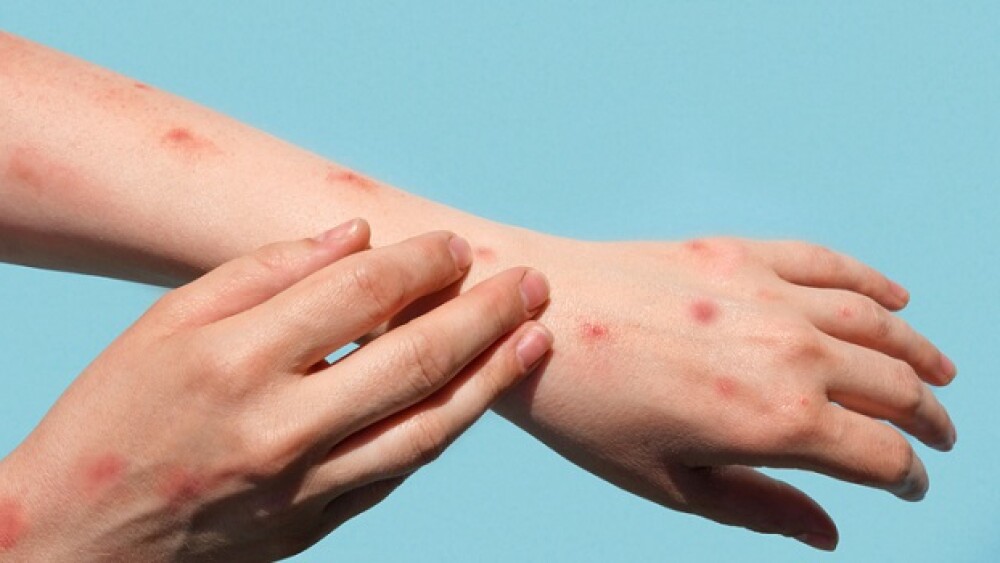With more than 6,600 cases of monkeypox in the United States, the Biden administration declared the viral outbreak a public health emergency as cases continue to rise across the nation.
With more than 6,600 cases of monkeypox in the United States, the Biden administration declared the viral outbreak a public health emergency as cases continue to rise across the nation.
So far, cases of monkeypox have been identified in 48 states. The only states that remain free of a diagnosis are Montana and Wyoming. The U.S. decision to declare an emergency follows the World Health Organization‘s declaration last month.
The number of infections in the U.S. has grown significantly in the past several weeks. In the last weeks of July, the number of diagnoses in the United States was 2,108. At the time, the White House suggested that monkeypox is “not likely to become a major public health threat,” as BioSpace previously reported. But, times have changed.
Earlier this week, ahead of the latest declaration, President Joe Biden tapped two people to lead the nation’s response to the outbreak. FEMA’s Robert Fenton was named the national monkeypox response coordinator, and Dr. Demetre Daskalakis, the director of the division of HIV/AIDS prevention at the Centers for Disease Control and Prevention, was named deputy coordinator. The two are expected to guide the Biden administration’s strategy to combat the outbreak, including the increase in testing, vaccinations and treatment.
Unlike COVID-19, a rapidly spread respiratory virus, monkeypox is a zoonotic virus typically spread through close or intimate contact. The virus, which is somewhat similar to the deadly smallpox virus, has usually been seen in parts of Africa but has spread across the globe over the past few months. Unlike smallpox, the outbreak of monkeypox has not resulted in any deaths in the United States.
Monkeypox symptoms include fever, rash and swollen lymph nodes. The symptoms typically last two to four weeks but can lead to additional complications that ultimately prove fatal. According to the WHO, the virus fatality rate is between 3% and 6%.
The monkeypox virus can be spread in a few different ways, according to the CDC. Typically, the virus spreads from skin-to-skin contact, such as direct contact with the rash or bodily fluids from an infected individual. That skin-to-skin contact also includes any sexual or otherwise intimate contact.
Although it is not a respiratory disease, the CDC noted that exposure to “respiratory secretions” from a cough or such can lead to the spread of the virus. However, Dr. Linda Yancey, an infectious disease specialist at the Memorial Hermann Health System in Houston, told PEOPLE that kind of exposure is typically prolonged and has not been a major driver of infection in the U.S.
“If you are face to face with someone for a prolonged period of time, you potentially could spread it that way. But that’s not really been the main driver in this particular outbreak, it really has mostly been skin-to-skin contact,” Yancey told the magazine.
Another method in which the virus can spread is through contact with unclean objects or fabrics. The CDC said the virus could be spread through contact with clothing, bedding or towels that have been used by an infected individual and not disinfected.
Yancey reminded PEOPLE magazine of the similarities between monkeypox and smallpox. She recalled the reports of colonials giving blankets used by people infected with smallpox to Native Americans as a form of early biological warfare as an example of the manner in which the virus can spread.
“This could absolutely be transmitted in that fashion,” Yancey said. “And in fact, one of the cases in the U.S. was a lady who was exposed to bed linens. She cleans Airbnbs for a living. So any high touch items like money, doorknobs, shopping carts, have the potential for transmission.”
While avoiding close contact with infected individuals and the use of hand sanitizers can prevent the spread of the virus, another preventative is the Jynneos smallpox vaccine, which has also been approved for monkeypox. Millions of doses of the vaccine, developed by Bavarian Nordic, have been ordered by the U.S. government.
The U.S. Food and Drug Administration is also looking into different ways to stretch the supply, including using smaller doses. Other antivirals and treatments for smallpox are being assessed against the latest public health scourge.





